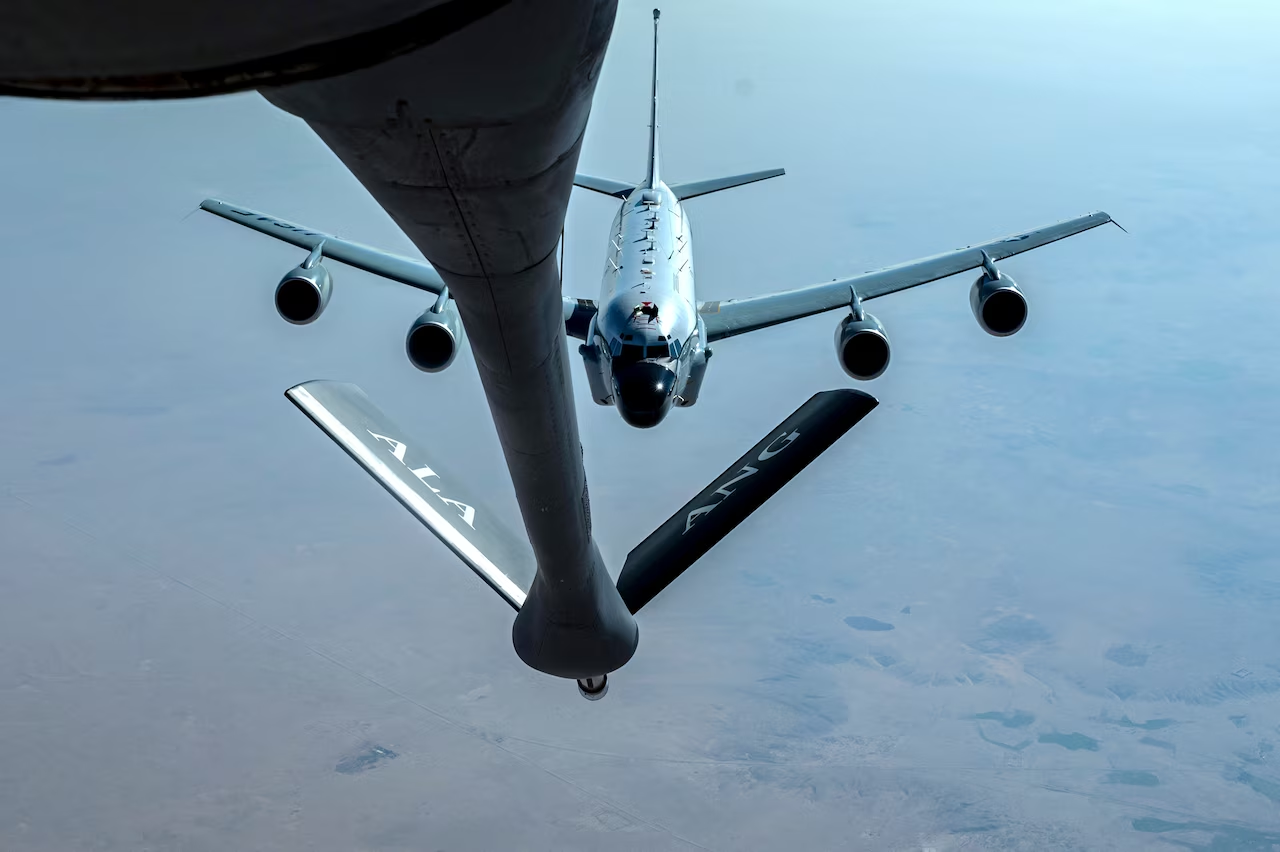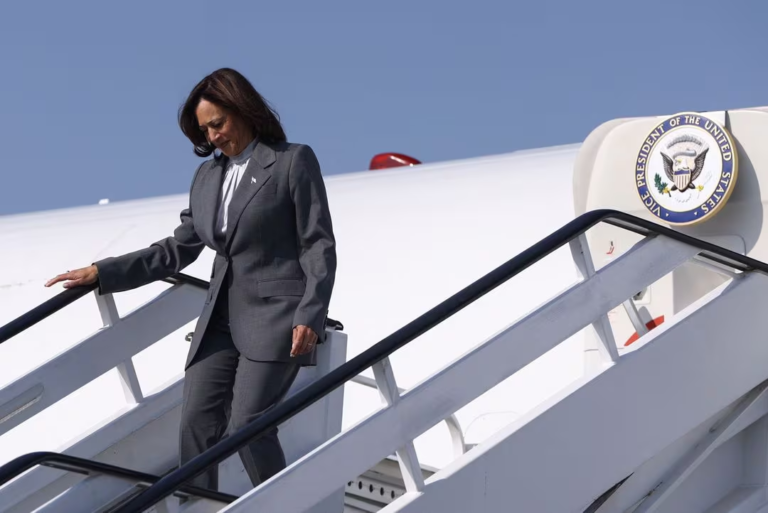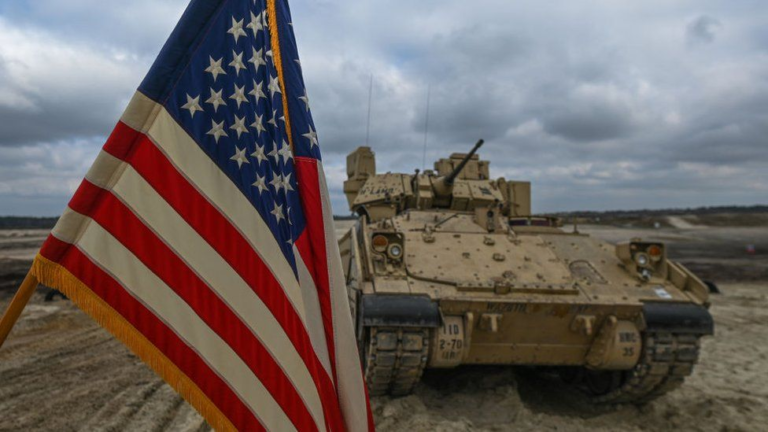“The significant capabilities across our Navy, our Air Force, our Army and our Marines — it’s still in the region,” Dana Stroul told the Jerusalem Post during an interview yesterday in New York City. “And they’re still doing those important activities every day.”
Although the U.S. at one time had more than 100,000 troops in Afghanistan and more than 160,000 troops in Iraq, the military pulled out of Afghanistan completely in 2021. And, in Iraq, operations are limited now to just a handful of troops performing advise-and-assist missions only.
But elsewhere in U.S. Central Command, the U.S. force presence hasn’t changed, said Stroul. Despite a public focus on the Indo-Pacific region, the U.S. has maintained troop levels and a presence.
“Our senior leaders talk about China as the pacing challenge and Russia as the acute threat,” Stroul said. “What our friends and allies in the Middle East don’t hear is … how the United States racks and stacks the threats and how we’re going to prepare for them. And people are nervous. They think it means that the United States and the U.S. government is deprioritizing the Middle East.”
The preeminent threat in the Middle East, Stroul said, is Iran, and Iran’s efforts to have a nuclear weapon. That’s something she said the U.S. doesn’t want to happen.
“President [Joe] Biden has been quite clear that on his watch Iran will never acquire a nuclear weapon, and he means it,” Stroul said.
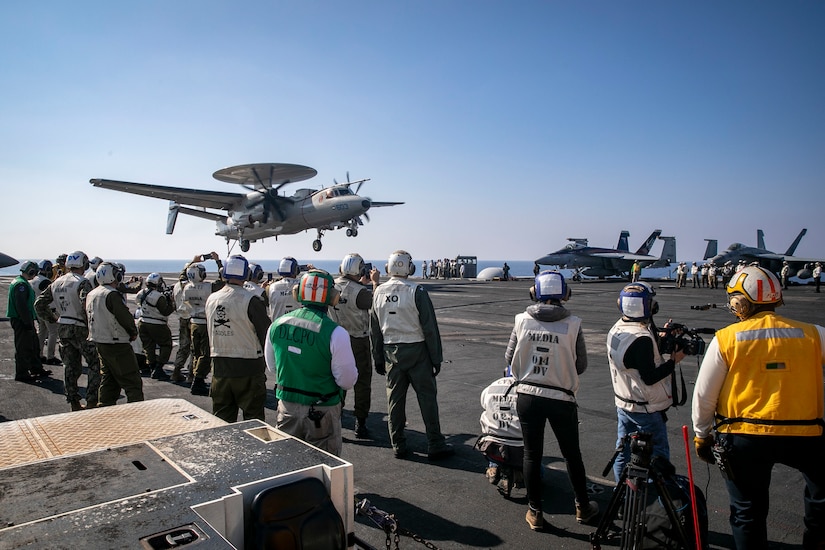
The preferred method to ensure Iran doesn’t get a nuclear weapon, Stroul said, is the diplomatic course. But that has to be backed up with a willingness and a capability to use force, if necessary.
“Secretary [Lloyd J.] Austin’s job is to ensure that should President Biden ask for the military plans and options, he’s ready to provide them,” she said. “And my job as the deputy assistant secretary of defense is to make sure that we’re on top of that.”
Part of ensuring a credible military option, Stroul said, is the strong U.S. relationship with Israel.
“Our partnership in the Department of Defense with the Israeli ministry of defense and the Israeli Defense Forces is incredibly important,” Stroul said. “In fact, it’s critical. So, we are working every day to deepen and increase our military cooperation with Israel.”
The work includes, among other things, intelligence sharing and military exercises.
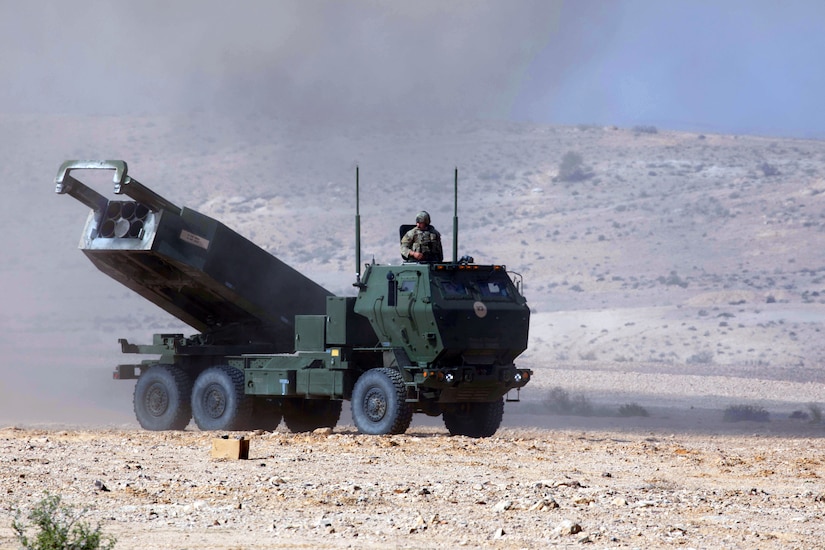
In January, for instance, the U.S. and Israel concluded the largest military exercise the nations have held together: Juniper Oak 23.2. More than 7,000 personnel participated in the all-domain exercise, which was meant to ensure the U.S. and Israel are able to work together militarily in an emergency, Stroul said.
“It’s also to make sure that both our other friends and allies in the region and our adversaries are taking note of the critical work we’re doing together to be prepared should military force be required,” she said.
Source : USDepartmentofDefense

